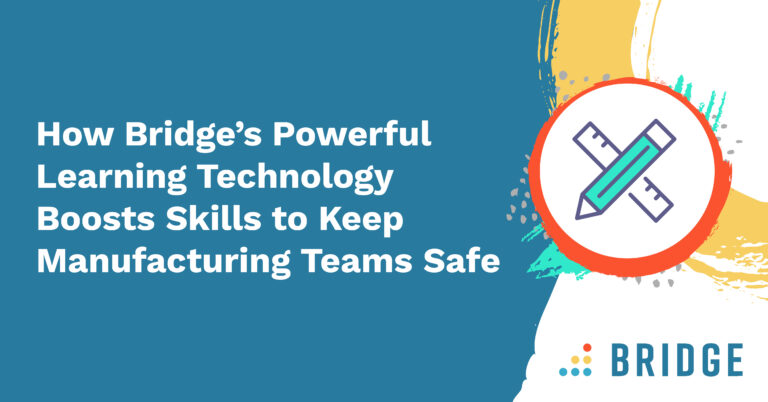In this second post about what 2022 holds for the world of work, I’m making four more predictions. I hope they prompt you to re-evaluate the changes of the past 18 months and create a strategy for being a truly inspiring place to work.
You can read the first post here.
Organisations Will Need to Show That They Are Addressing All Three Elements of DEI Equally
The past two years have taught us a lot about inequality. Covid-19 and the rise of the ‘black lives matter’ movement created political and social unrest and highlighted socio-economic inequalities such as systemic racism, health access and outcomes, accessibility and disability, and ability to work remotely.
Boycotts of brands that fail to embrace diversity, equity and inclusion will become more common and more public in 2022. Where organisations have focussed on achieving diversity, they risk being called out if they don’t have an equal focus on achieving equity and inclusion.
The rise of remote working could work in favour of these goals to ensure that employees who prefer to work from home, or are unable to work in an office, are given equal opportunities. But organisations will need to find ways of building an online culture that supports equity and inclusion.
This brings us back to the pivotal role of line managers. They will be in the front line for ensuring that all employees feel fairly treated around DEI. I recommend they schedule regular check-ins with every team member so they know how they are performing, can get support if they need it and so that any DEI issues are brought to the surface.
An anonymous survey where employees are able to give honest feedback on where they feel organisations are lacking in support and can share any suggestions may also be beneficial.
As the Number of Employees Experiencing Poor Mental Health Increases, Organisations and Employees Will Need to Focus on the Simple Steps They Can Take to Minimise Stress
The number of employees experiencing burnout reached an all-time high in 2021. One survey by Visier found that 89% of employees said they had experienced burnout in the past year.
While some sources of stress cannot be controlled, such as when the next Covid variant will surface, there are plenty of steps employees and employers can take to minimise stress. For example, there should be no need for employees to feel anxious about their career or their status in the team, if the company has excellent communications. The old adage ‘a problem shared is a problem halved’, highlights how essential it will be line managers to be accessible and to have time for ‘listening’. If people do not feel they can speak freely with line managers, the potential for burnout will increase.
Ensure all employees have frequent contact with their line managers. Give line managers the autonomy to work with their team to create work schedules that work best for them. And capture feedback from line managers so you get clarity on any issues they feel are causing added stress.
Companies Without Strong Values and Purpose Will Lose Talent – Especially Their Younger Talent on Which Their Future Performance Depends
A recent report by Amdocs revealed that there is a generational divide when it comes to the great resignation. 27% of millennials and 31% of Gen Z have left or considered leaving a job in the last year, compared to just 13% of boomers.
This means that in order to retain the best talent in your younger generations, you need to look at what it is that they value. In general, the Harvard Business Review reports that Millennials value innovation, collaboration, freedom, experiences and creativity and Gen Z values progressive equality, conscious consumerism, activism and pragmatism.
While it may be hard to satisfy all of those expectations, it is much easier to establish a clear purpose for your business and then bring it to life through the way that you operate. If employees – of all generations – share that purpose they will be much more likely to stay loyal. This means that organisations who don’t have a strong value proposition or purpose will risk losing their best talent in 2022.
The Need For a Strong Corporate Voice, Backed by Authentic Action Around Important Issues, Will Grow in Importance
My prediction relating to purpose highlights that employees want to feel they have made a difference to their employer and to the world in general. As a result, they will want to feel that the organisation they work for is active in making a difference. They will want leaders to be vocal about important issues and the contribution the organisation is making to them. The need to be vocal means that staying silent on complex issues like DEI, or the organisation’s impact on the environment, is not an option. Not only will this play a huge role in retaining and attracting talent, but it will also help to attract and retain customers too.
I hope these predictions help you feel more confident about what’s to come for the world of work in 2022. What predictions do you have? I’d love to hear them in the comments.



